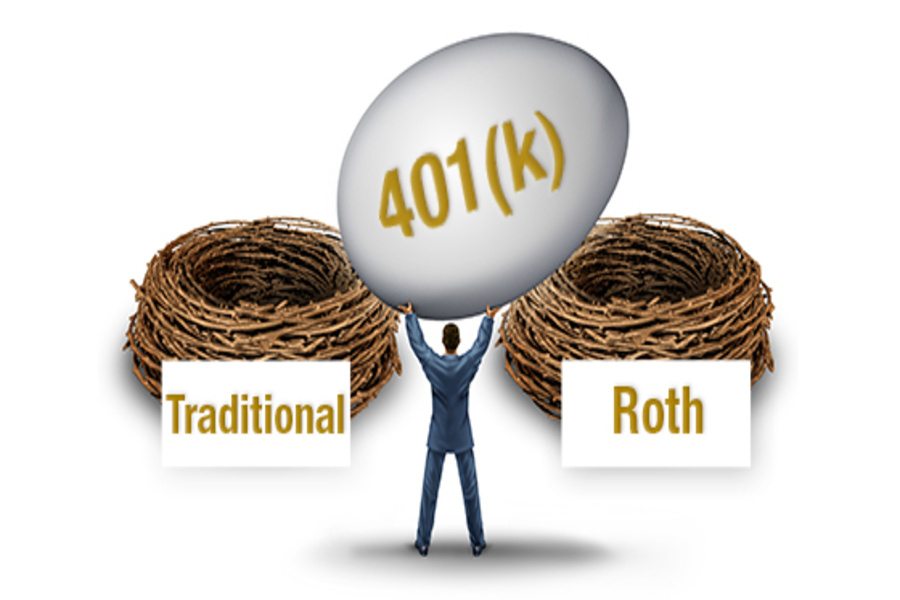Saving for retirement is a crucial financial goal and a 401(k) plan is one of the most effective tools for achieving it. If your employer offers a 401(k) or Roth 401(k), contributing as much as possible to the plan in 2025 is a smart way to build a considerable nest egg. If you’re not already contributing the maximum allowed, consider increasing your contribution in 2025. Because of tax-deferred compounding (tax-free in the case of Roth accounts), boosting contributions can have a significant impact on the amount of money you’ll have in retirement. With a 401(k), an employee elects to have a certain amount of pay deferred and contributed to the plan by an employer on his or her behalf. The amounts are indexed for inflation each year...





